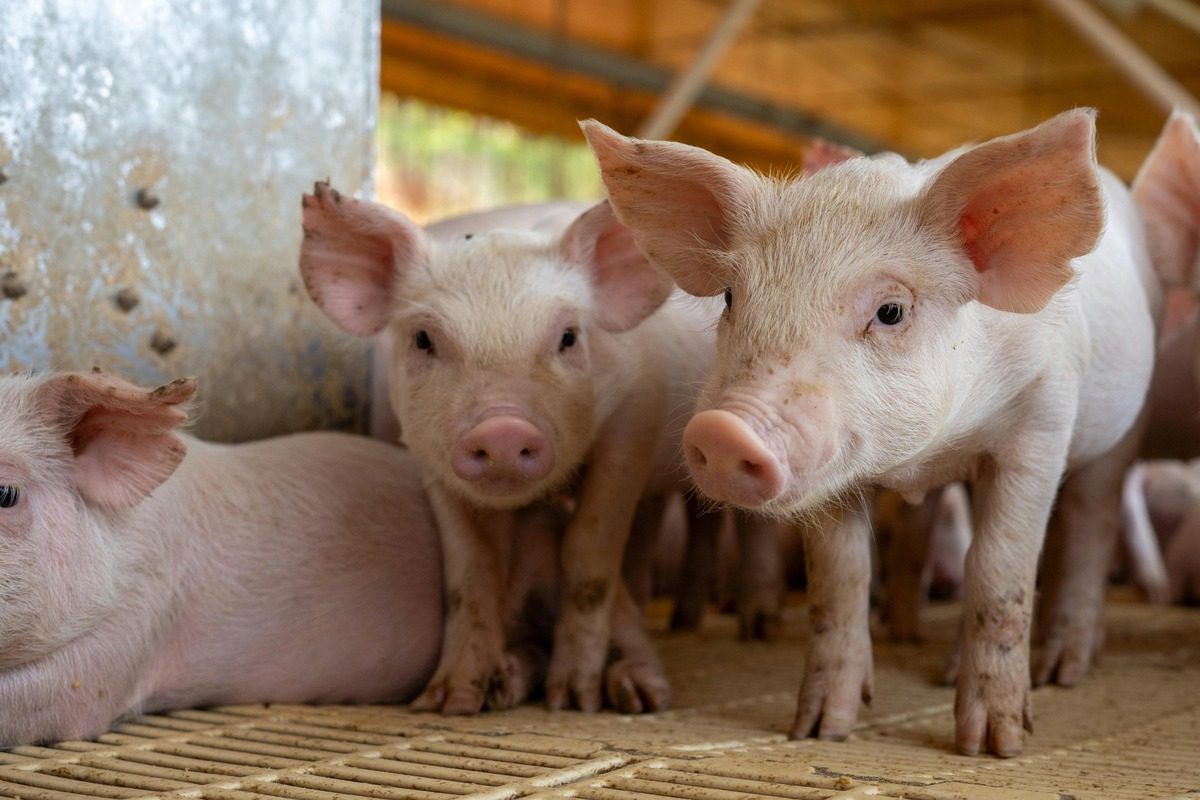US Clears Path for Gene-Edited Meat: What Consumers Need to Know
The landscape of American agriculture is poised for transformative change as gene-edited meat may soon become mainstream. The U.S. Food and Drug Administration (FDA) has granted approval for the farming of genetically enhanced pigs, with the potential to see products on supermarket shelves as early as 2026. This development raises critical questions about safety, ethics, and the future of food consumption.
Understanding Gene-Edited Meat
Gene-edited livestock are not merely products of laboratory creation; they are bred from animals whose DNA has been modified at the cellular level to enhance specific traits. This technique primarily aims to equip pigs with resistance against the Reproductive and Respiratory Syndrome (PRRS), a significant viral threat to the swine industry. British company Genus has already developed pigs that can withstand this virus, which is responsible for substantial economic losses in the U.S. pork market, costing approximately $1.2 billion annually.
The Science Behind Gene Editing
Using CRISPR technology, researchers cut a tiny section out of pig DNA to prevent the PRRS virus from infecting cells. This alteration affects only a small part of the CD163 protein, ultimately making the pigs resilient to the virus while retaining their conventional characteristics. The subtlety of this genetic modification is significant; it closely mirrors changes that could naturally occur, making these gene-edited pigs distinct from traditional genetically modified organisms (GMOs).
Implications for the Meat Industry
The coming availability of PRRS-resistant pigs marks a pivotal moment for gene-edited meats in the U.S. While genetically modified organisms like AquAdvantage salmon and hypoallergenic pork have been approved previously, PRRS-resistant pigs are set to be the first widely consumed gene-edited animals.
Consumer Perspectives and Regulatory Landscape
While the FDA has paved the way for these developments, consumer acceptance remains a critical hurdle. Historical concerns over GM foods, such as fears of ‘Frankenfoods,’ have led to skepticism. However, experts like Dr. Katie Sanders believe that gene-edited products, perceived as more natural, might face less resistance. Surveys indicate that factors such as gender, geographic area, and educational levels influence attitudes towards purchasing CRISPR-edited meat.
Ethical Considerations
As gene-edited meat approaches commercial viability, ethical implications surrounding animal welfare and environmental impacts must be addressed. Companies like Genus emphasize their commitment to responsible practices, highlighting potential reductions in antibiotic use and improvements in animal welfare.
In summary, the forthcoming gene-edited pork could pave the way for a future where biotechnology becomes integral to food production, offering solutions to both health and environmental challenges. As regulatory changes unfold and consumer opinions evolve, gene-edited meat may soon transition from experimental novelty to a staple of American diets.







